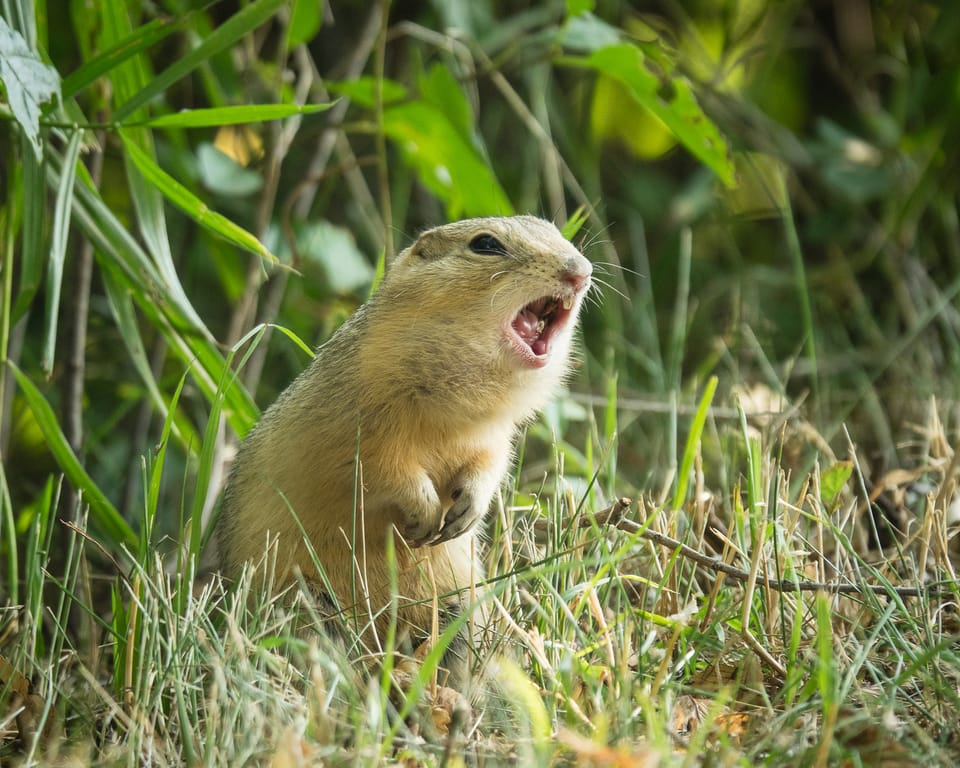EcoWest News, May 17, 2022

Welcome to EcoWest News, a weekly round-up of news and resources that you can put to use in addressing environmental issues and protecting the wild in your community.
Across the West
Trail, a heavy-industry BC town, has said yes to a 100% renewable energy transition by 2050 – a lesson in how to engage people in an environmental discussion. [The Energy Mix]
“We can do better than throwing old buildings into the landfill.” The deconstruction business could create thousands of new jobs, save old-growth lumber from the landfill, and preserve heritage—if it can get off the ground. [Capital Daily]
As equal partners, Indigenous and western knowledge can help redefine land and wildlife management as a relationship with nature, says Jared Gonet, University of Alberta PhD candidate. [Folio]
How do you balance a solar farm with wildlife connectivity, public green spaces, and Indigenous connections? It’s open for debate in Edmonton’s North Saskatchewan River Valley. [The Narwhal]
One North Dakota farmer has put time, money, and effort into reconstructing 100 acres of former farmland. The results are astonishing with more than 100 different plant species. [The Dickinson Press]
Agricultural activities are one of the most direct pathways for plastics to enter soils, with impacts on both soil and aquatic ecosystems: an overview of the problem and some of the alternatives. [Young Agrarians]
The Winnipeg Fire Paramedic Service hopes to add a geothermal heating, ventilation, and air conditioning system to its new station. [BGF Tenerife]
Whales can hear ships as much as 100 km away and start moving away from them at 50 km: “Whales may be losing valuable feeding time, or may find it more difficult to keep in touch with their offspring or pod when ship noise reaches high levels.” The problem is increasing with less ice and more ships in Arctic waters. [Canadian Geographic]
Around the World
In California, a new bill would use automated sensors and cameras to enforce decibel limits on cars and motorcycles. [Planetizen]
Jet fuel from paper industry waste could make flying cleaner. [Anthropocene]
The race to manufacture green steel: “It’s a fantastic challenge that we’re up against … but we are showing that solutions exist – and work.” [Undark]
DIY
“Maybe you can’t ditch your car. But you can choose not to drive when you don’t have to … Our individual action won’t fix the climate crisis or our transportation system, but each of our choices help create the pressure that will address those problems.” [The Urbanist]
By filling our gardens with introduced plants, we’re disrupting the co-evolved relationships between plants and insects. “Engage, tend, nurture and cultivate the natural communities we’re a part of and depend on.” [Rewilding]
FLAP has compiled a list of effective (and ineffective) ways to prevent birds from crashing into your windows. [BirdSafe]
Nature’s Wonders
Northern hawk owls are a nomadic, secretive species. The Northern Hawk Owl Project hopes to uncover where they go, what they eat, and how they survive the cold months. [Bring Me the News]
Photo credit: https://www.flickr.com/photos/apmckinlay/36084005462
EcoFriendly West informs and encourages initiatives that support Western Canada’s natural environment. Like us on Facebook, follow us on Twitter, or subscribe by email.

Member discussion